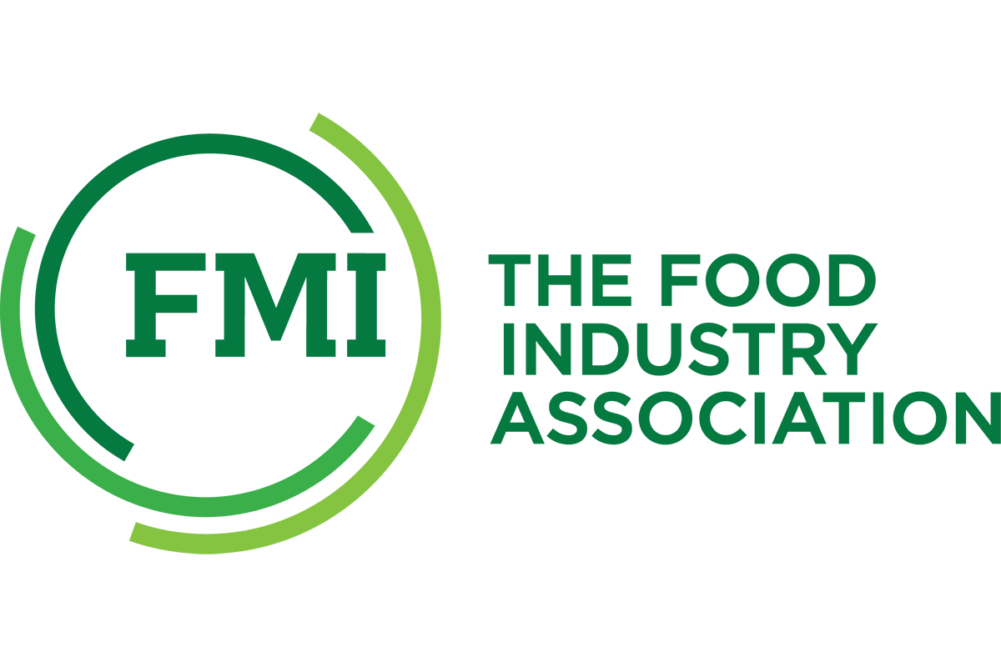Heading into 2023, legislation related to food allergens is top of mind for Arlington, Va.-based FMI – The Food Industry Association.
In 2021, the Food Allergy Safety, Treatment, Education, and Research (FASTER) Act was signed into law, making sesame the ninth major food allergen in the United States, a requirement that goes into effect on Jan. 1, 2023. As a major allergen, sesame will need to be declared on the label of any packaged food containing it as an ingredient.
“Since the passage of the FASTER Act, retailers, wholesalers, and product suppliers have been working to update labels to declare sesame as a major allergen on all products containing sesame as an ingredient,” said Ashley Eisenbeiser, FMI’s senior director of food and product safety programs.
As part of that process, food industry members have been updating their food safety plans and allergen control programs to prevent allergen cross-contact in manufacturing and to ensure accurate allergen information is included on product labels.
Many companies, Eisenbeiser said, have been voluntarily declaring sesame as an allergen on the label prior to the law’s effective date.
“Verifying the accuracy of allergen information on food labels throughout the entire supply chain is critical for many reasons,” she said. “Undeclared allergens are the leading cause of recalls and have been for quite some time. Many of these recalls are due to labeling errors, such as the omission of allergens on product packages or using incorrect labels.”
Most important, individuals with food allergies rely on accurate allergen information on product labels when making their purchasing decisions.
Grocery fresh food departments handle many products and ingredients that contain major food allergens, Eisenbeiser said.
Additionally, food preparation at retail differs from the manufacturing environment. Oftentimes, for instance, multiple items containing various major allergens are being prepared at the same time in a confined area.
Although these are big challenges, food safety and public health are extremely important to retailers and they are up to facing them.
While providing customers with a wide variety of healthy and safe foods is part of this, Eisenbeiser said, it also includes the responsibility to notify customers with food allergies about the possible presence of allergens in the fresh and prepared food departments.
“Training retail food employees on allergen awareness is important to successfully implement a comprehensive allergen management program in a retail food establishment and ensure associates are equipped with the knowledge and tools necessary to protect customers with allergies.”
New traceability requirements
Looking ahead to 2023, FMI will continue to work with members on implementation of the FDA’s Food Safety Modernization Act (FSMA), Eisenbeiser said.
FSMA represented a significant change in the way food is regulated and produced, with over a dozen FSMA rules that have been promulgated within the past decade. Most of the rules have been in effect for several years, but FMI continues to support members’ efforts to safeguard the food supply and assure all food is as safe as possible, she said.
One area in particular that FMI has been focused on is ensuring that supplier programs are strong.
“Supplier programs play an important role in assuring food safety and are a regulatory requirement under FSMA,” Eisenbeiser said. “It’s critical that food safety is kept top of mind and that companies purchase products from reputable vendors that have implemented strong food safety management programs and meet all food safety regulatory requirements—such as the rules established by FSMA — and are certified and have annual audits from a GFSI program, such as SQF.”
The traceability rule in response to Section 204 of FSMA, finalized in November, was one of the last remaining rules to be published under FSMA, and it represents a significant change in the recordkeeping requirements for the food industry, she said.
FMI is working diligently to educate the food industry on what the food traceability rule requires.
“As part of this effort, we plan to develop tools and resources to help FMI members comply with the rule.”

